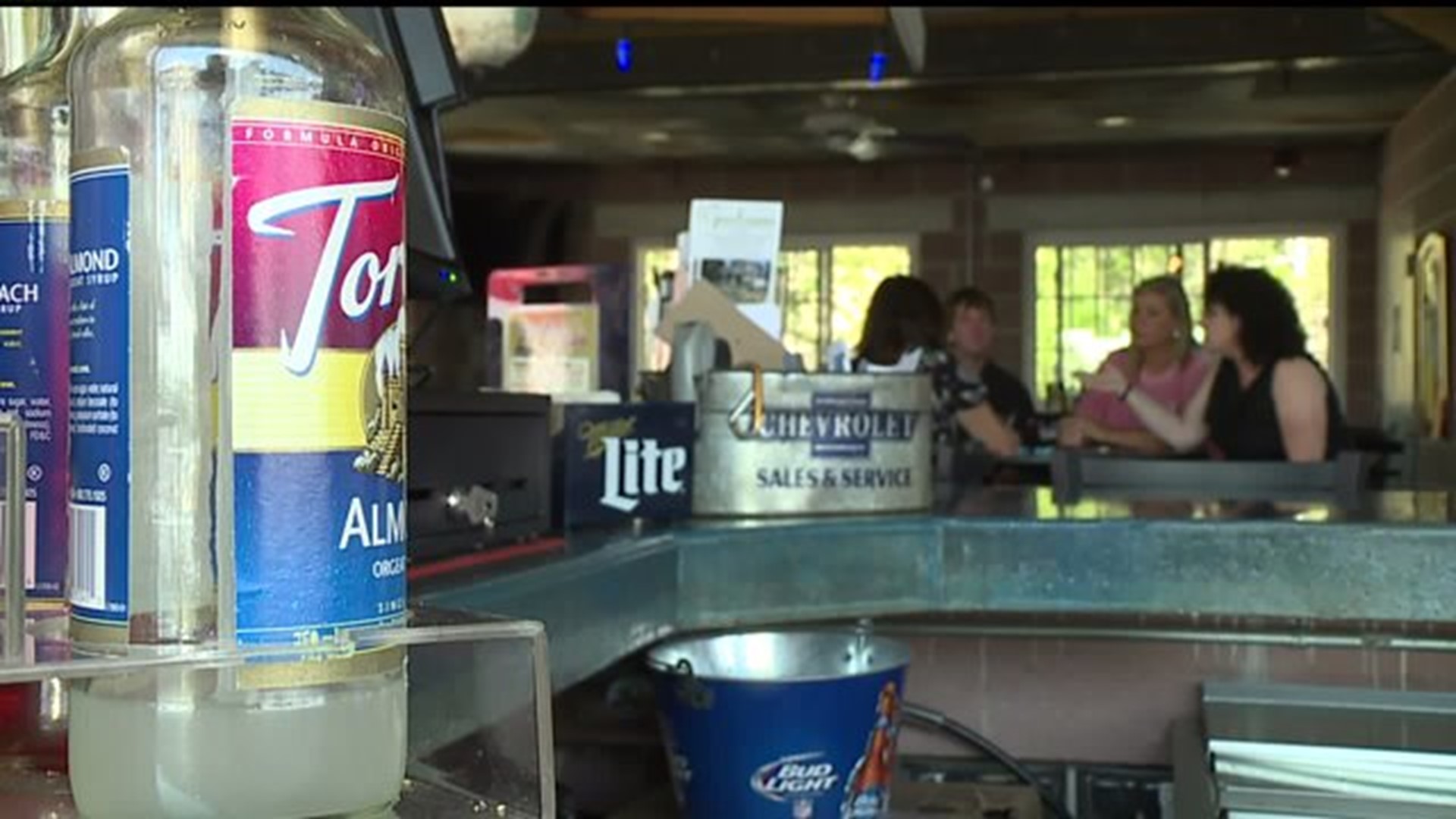PRINCETON, Iowa — Bar and restaurant owners in Iowa are lobbying for change in the current dram insurance laws, which they say are unfair.
The legal tool designed to help victims and their families after drunk driving accidents or bar fights, is being abused, the owners say.
"It's hardly fair, there's alcohol sold on every corner of every city, but the only people on the hook are the bars and restaurants," said Kris Kay, co-owner of Go Fish, a family-owned gem on the river in Princeton, Iowa.
Owners say the cost of dram insurance is skyrocketing.
"One claim and you're not even found liable, can double or triple your policy," she said.
The owners say people are imbibing at home before and after bars, buying bottles and cans at gas stations, convenience stores, grocery stores.
It is a far different landscape for alcohol availability and accessibility than when the law was passed 80 yeas ago.
"You can buy a growler at the same place you purchase gasoline. But, the only people who have to purchase insurance policies that protect people from people are the restaurant and bar owners," said Jessica Dunker, President of the Iowa Restaurant Association.
"These laws are antiquated and they have to be updated."
"What we're trying to do is make sure that anyone selling alcohol in the state of Iowa has some skin in the game, has some responsibility back to victims," said Dunker.
Andy Lank owns Kilkenny's Pub in Davenport. He says due to one claim, which has not been proven, his $11,000 a year dram insurance was dropped and his new one is costing $34.000.
'If you are named in a claim, you are guilty until proven innocent," he said.
Todd Brooks with 11th Street Precinct in Davenport said the attorneys know the bars and restaurants are the only ones required to have dram shop, so when there is an accident, lawyers file suit against a blanket of bars.
"A man with a bottle of vodka in his car left the village and got into a bad accident and hurt someone. Every bar in the Village had their dram shop double and there was no proof he was in any of the bars," said Brooks.
The association has lobbied for the creation of a victim's fund, using some sales tax in the 300 million dollar alcohol sales industry, to compensate people who hurts someone, but didn't necessarily imbibe at a bar or restaurant.
"Don't put me on the hook for everyone else's alcohol sales," said Kay.

